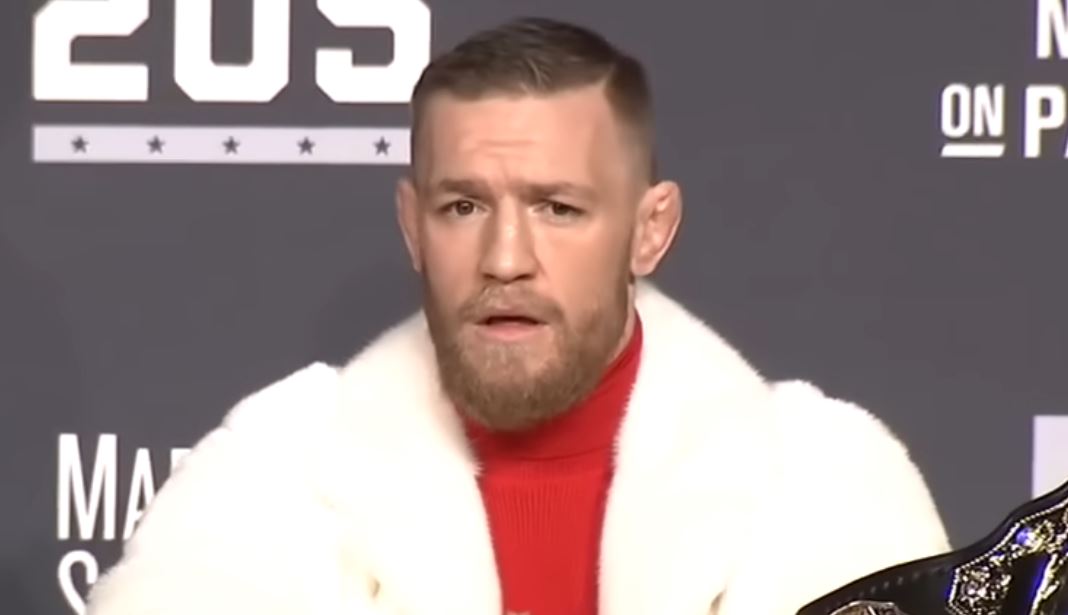
In the fast-paced and hyper-critical world of sports journalism, few athletes are as polarizing as Conor McGregor. The Irish mixed martial artist and former UFC double champion has captured the world’s attention with his unmatched charisma, in-ring accomplishments, and headline-grabbing antics. However, in recent years, much of the media’s coverage of McGregor has devolved into relentless criticism, sensationalism, and outright bullying.
It’s time to draw a line.
From Superstar to Media Target
McGregor’s meteoric rise from a plumber in Dublin to becoming the face of the UFC is a modern-day rags-to-riches story. He achieved what most fighters could only dream of: holding championship belts in two weight divisions simultaneously, transcending MMA to become a global cultural figure, and bringing an entire nation’s fighting spirit into the spotlight.
But with fame comes scrutiny, and McGregor’s brash persona made him an easy target for the media. His sharp tongue and confidence—which initially drew admiration—are now often painted as arrogance or toxicity. Every misstep, every slip of the tongue, and every controversy is amplified to a deafening degree, with headlines often exaggerating or distorting the facts to fit a narrative of decline.
Acknowledging the Controversies Without Erasing the Achievements
To be clear, McGregor is not without fault. There’s no denying that his off-cage controversies, including allegations of assault and troubling public outbursts, warrant scrutiny. These incidents should be reported and discussed responsibly. However, the line between journalism and public shaming has been crossed repeatedly in McGregor’s case.
Instead of balanced coverage, many outlets have chosen to vilify him, reducing a multi-faceted individual to a one-dimensional caricature of a “washed-up” fighter or a “problematic celebrity.” His successes are routinely downplayed, while his failures are magnified to fit a narrative that McGregor’s career is in freefall.
This selective framing is not only misleading but also damaging. It dehumanizes McGregor, stripping him of the nuance and complexity that every human being deserves.
The Hypocrisy of Media Outrage
A troubling double standard exists in how the media treats McGregor compared to other public figures. Some of the same outlets that celebrate brashness, rebellion, and controversy in other athletes or celebrities have made McGregor’s persona a punching bag.
Why? Because controversy sells.
The media is complicit in crafting the very image of McGregor they now criticize. The same outlets that praised his wit and confidence during his rise are now the loudest voices condemning him. This hypocrisy is not only unfair but reeks of opportunism.
Mental Health in the Public Eye
The media often touts its commitment to advocating for mental health awareness, particularly in sports. Yet, when it comes to McGregor, that principle seems to fly out the window. The constant barrage of negativity, mockery, and sensationalism can have serious repercussions on an individual’s mental well-being.
McGregor has hinted at struggles with mental health in interviews, alluding to the pressures of fame and the difficulties of balancing his personal life with the demands of being a global superstar. Instead of extending compassion or understanding, the media has chosen to exploit these struggles for clicks.
It’s worth asking: if McGregor were to publicly crumble under the weight of this treatment, would the media take responsibility? Or would they simply move on to the next headline?
Celebrating Growth, Not Just Mistakes
McGregor’s story isn’t just about his controversies—it’s about his ability to rise above them. For every misstep, there are moments of redemption. His philanthropy, including donations to children’s hospitals and other charitable causes, often goes unreported. His passion for his craft and dedication to his family are overshadowed by tabloid fodder.
The narrative of redemption is one that resonates with audiences, and it’s a story the media should focus on telling. People are not defined solely by their mistakes, and McGregor is no exception.
The Media’s Responsibility
Journalists and media outlets have a responsibility to report the truth—but they also have a responsibility to do so ethically. Sensationalizing an individual’s struggles for profit is not journalism; it’s exploitation.
The media needs to take a step back and reevaluate how they cover figures like McGregor. Instead of tearing him down, they should aim for balanced coverage that acknowledges his flaws without erasing his achievements or humanity.
And So Now: Let’s Stop the Bullying
Conor McGregor is not a saint, nor does he claim to be. But he is a man—a father, a husband, and a fighter who has given the world unforgettable moments of brilliance.
The media’s obsession with tearing him down does not serve the public interest; it only perpetuates a culture of negativity and bullying. It’s time to recognize the damage this causes, not just to McGregor, but to the broader discourse around mental health, redemption, and fairness.
Let’s hold public figures accountable, yes—but let’s also be fair, compassionate, and humane in the way we do so. Conor McGregor deserves better.
And so, let’s shut the hell up and let the man be.